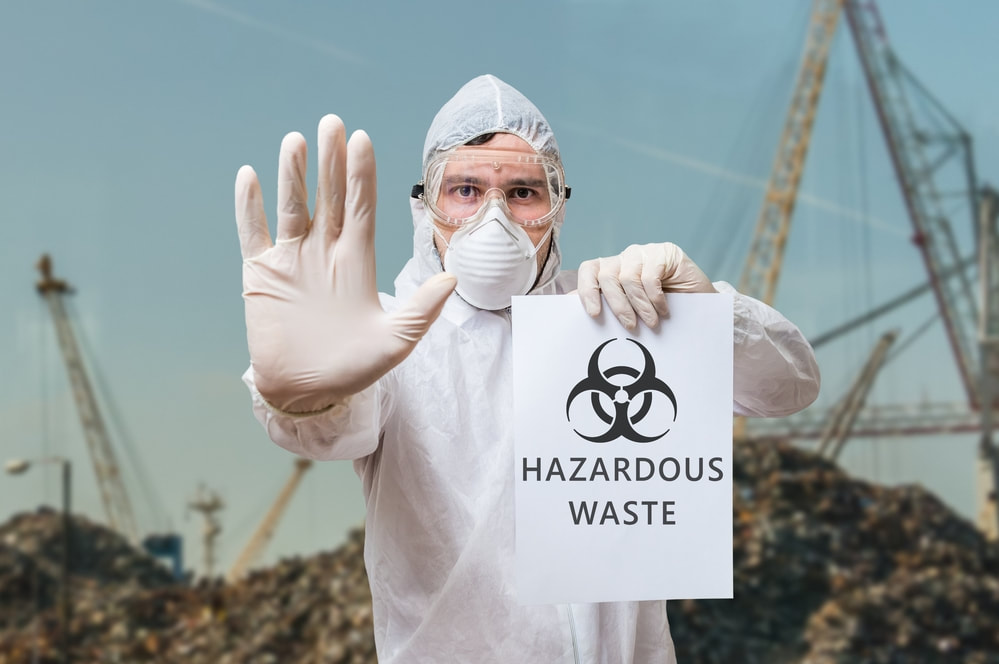 Hazardous waste is heavily regulated and cannot just be thrown out together with other forms of trash. When you know what type of waste your organization produces and how to manage it well will prevent you from paying high fines. When it comes to hazardous waste disposal and management, we are the masters – we specialize in providing businesses, institutions, and organizations with affordable regular and hazardous waste disposal services. Let us help your organization assess your waste and understand how to handle it properly. At Cary Dumpster Rental, we provide our customers with the best dumpster rental services. Our main agenda is to make your rental experience as smooth and as fulfilling as ever so we offer reliable, efficient, and affordable prices. Call us today for a free quote! Characteristics of Hazardous WasteThe characteristics of hazardous waste are used when it comes to categorizing it into different classes. These are:
Ignitability - There are 3 main forms of ignitable waste:
Waste materials may also be considered to be corrosive if they can corrode steel regardless of whether their pH is in the range we mentioned or not. Everyday examples of corrosive waste include battery acid and rust removers. Reactivity - Reactive waste materials are very unstable and this makes them very dangerous. These materials react in different ways including:
Toxicity - When toxic waste is dumped on the ground, they find their way into underground water reserves and poison the water. When people drink this water or when plants are grown using this water, the consequences are serious health complications. Conclusion Hazardous waste is commonly referred to as “manufacturing process waste” and can be divided into various classes based on the characteristics. In the past, this kind of waste was dumped on land that was believed to have little value. Over time, the dangerous chemicals found in these waste materials were moved to other locations and the repercussions were dire. Hazardous waste must be handled properly either by maximizing resource recovery or by detoxifying it as soon as it’s generated to minimize the impact on people and the environment. Comments are closed.
|
BlogWaste management & local news to help you with all things waste. Archives
September 2020
Categories |

 RSS Feed
RSS Feed
